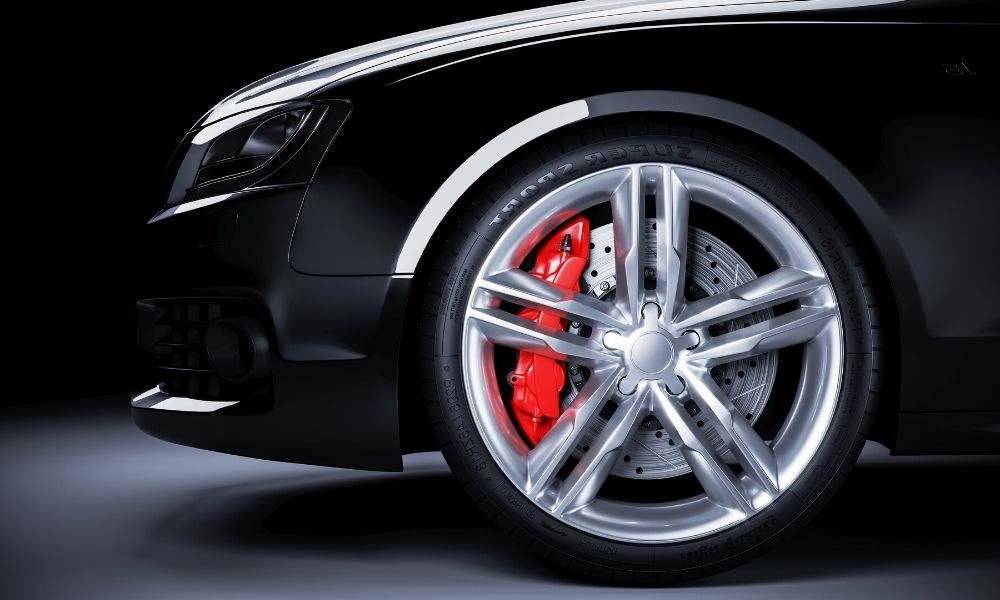
It’s bad enough when a wheel is so badly damaged by a pothole that it must be replaced. It gets worse when you are confronted with a dizzying array of choices to replace it, especially when you’re faced with deciding between aftermarket versus OEM wheels. Knowing the difference between OEM and aftermarket wheels can ease the pain of decision-making. Learn more about what separates OEM and aftermarket so that you can make an informed decision.
OEM Means Original Equipment Manufacturer
You might have seen OEM wheels before, but what’s the meaning behind the acronym? It’s pretty simple: OEM wheels are the ones that roll out of the factory with the new car. They are either made by the car manufacturer itself, or they are made by a third party for the car manufacturer according to strict standards and specifications, to be used on new cars. OEM replacement parts are made by the same manufacturers that made the original parts, according to the same specifications.
Aftermarket Wheels
What are aftermarket wheels? Again, pretty simple: an aftermarket wheel is any wheel that isn’t an OEM wheel. Sometimes, it can be obvious that a wheel is aftermarket because of the bright colors or special features. Other times, when aftermarket rims are made to look identical to a car’s originals, they might also be called “replica” or “reproduction” wheels.
Quality Control Is Critical for Aftermarket Wheels
Replica wheels are less expensive, but many do not go through any rigorous quality control processes. That’s why, if you are looking to replace your Toyota Camry rims, insist on purchasing replicas from a trusted source like WheelerShip, who exclusively uses independently certified manufacturers and conducts thorough safety and quality testing.
Decision Factors
So what is the difference between OEM and aftermarket wheels? While price may be a concern, you should consider quality above all else. Wheels are the foundation of your ride. If they’re not right for your car, it can be downright dangerous. OEM wheels come direct from the car maker or the company that makes wheels for the car maker. Replicas may be easier to obtain and they may cost less than OEM wheels. However, you will want to check the warranty and confirm the certifications of the manufacturer. A reputable supplier like WheelerShip will take the time to go through your options and explain the difference between OEM and aftermarket wheels. They’ll tell you whether the manufacturer is independently certified, if the wheel has been inspected and tested, and what kind of warranty it carries. When you’re deciding between aftermarket versus OEM wheels, do your homework and make the choice that gives you the greatest confidence and peace of mind when replacing one of the most important parts of your car.


